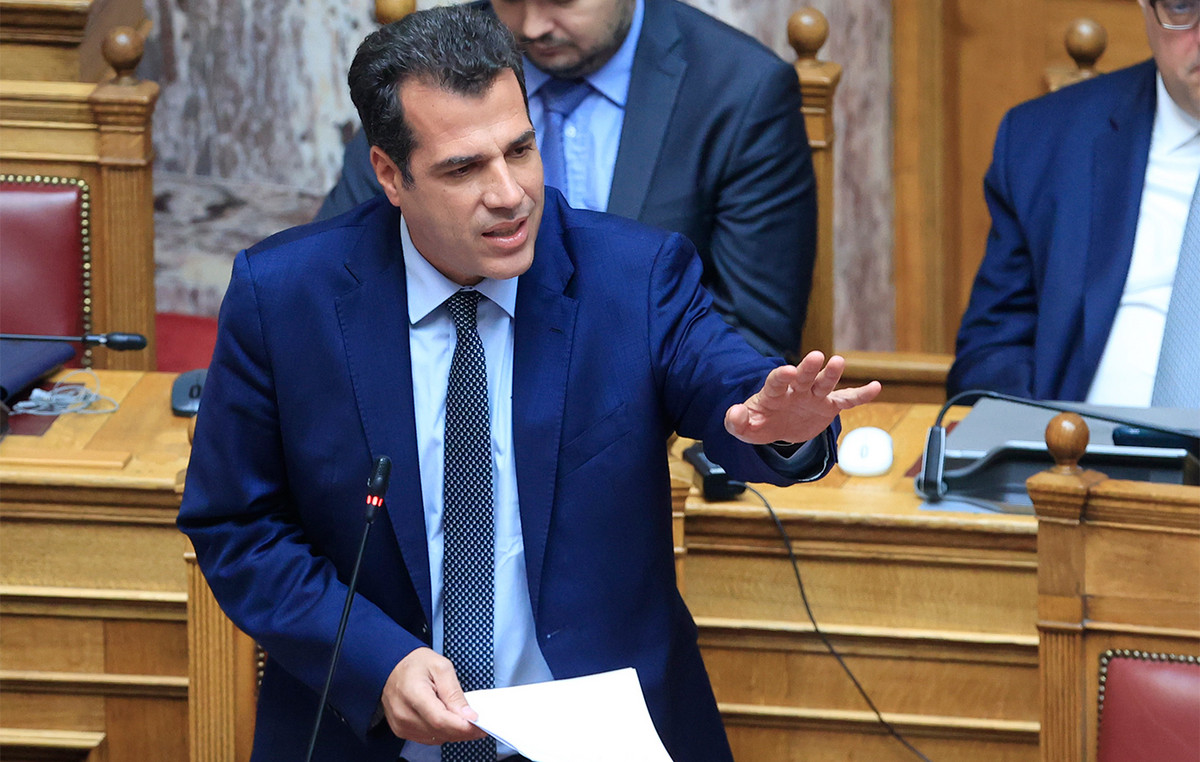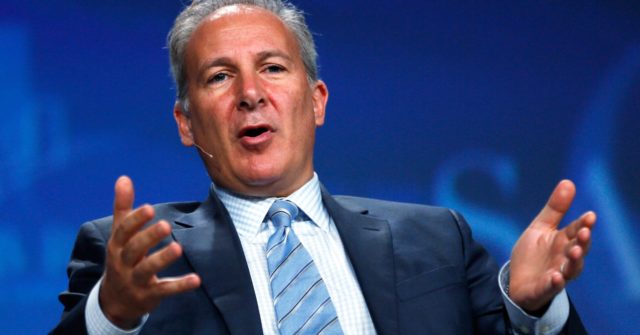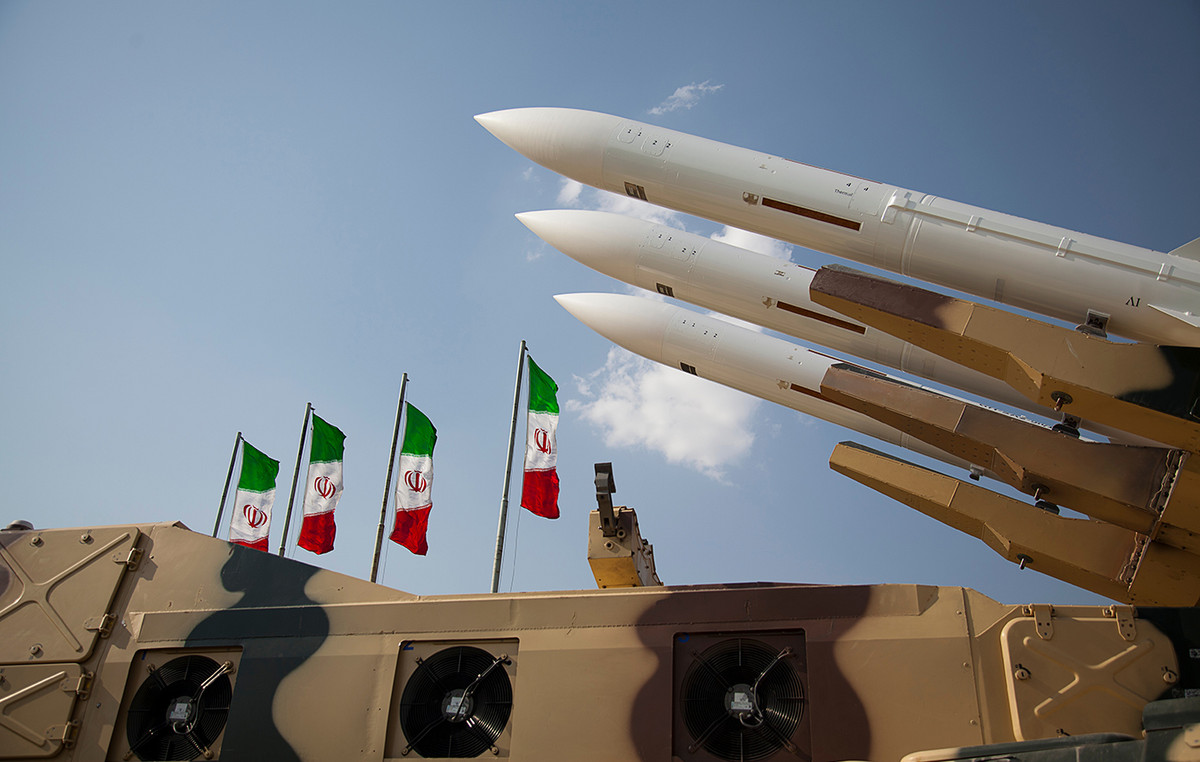The actions of Petrobras operated with volatility during the morning of this Tuesday (21), alternating between slight positive and negative variations, amidst a scenario of uncertainty among investors about possible measures against the state-owned .
At around 11:35 am, the common share (PETR3) rose 0.26%, quoted at R$30.27. Preferred paper dropped 0.04%, to R$ 24.61. Receipts for the company’s New York Stock Exchange ADRs (PBR) were up 1.25% to $11.76.
On the positive side, oil stocks on the stock market are on the rise due to the appreciation of the Petroleum Brent, with the barrel returning to US$ 115. In addition, the Minister of Mines and Energy, Adolfo Sachsida, defended Petrobras’ pricing policy at an event, and stated that the government will not interfere in it, which helps to alleviate market fears.
However, Flavio Conde, equity analyst at Levante Investimentos, points out that “the government and Congress have never been so strongly against Petrobras’ policy. The election increases that, as does the possibility that it will result in concrete actions.”
“In terms of valuation, multiples, it is one of the cheapest in the world, it is well managed, but the political risk leads to this poor performance”, he evaluates.
He cites two current proposals as the most dangerous for the state-owned company. The first is to double the social contribution tax on net income from 9% to 18%, which the analyst says is “absurd” as it is an increase for a single company. Another would involve implementing an oil exploration tax, which would affect the entire industry.
In both cases, Petrobras would have a reduction in its profit margin, hurting the shares. There is also the risk that Caio Mario Paes de Andrade appointed to be the company’s new president, could try to change the international price parity policy, which would further harm the papers.
“It is not enough for the president to join for the shares to rise, Caio may try to change the PPI and that makes the market worried”.
Felipe Ruppenthal and Rodrigo Diniz, from Eleven Research, consider that the resignation of José Mauro Ferreira Coelho to the presidency “happens in a scenario of strong government pressure on the state-owned company, which was accentuated after the announcement of price readjustments for gasoline and diesel”.
“We believe that this may accelerate the change of the Board of Directors, which is in the process and noises of government interference in the state company continue to harm the performance of the action, with a scenario of great uncertainty about the degree of cooling of the main world economies, which is causing the drop in the price of oil”.
On Monday (20), after the resignation of Coelho and the appointment of Fernando Borges as interim president, the common paper closed with a rise of 0.86% to R$ 30.19, and the preference rose 1.14%, BRL 27.62.
Source: CNN Brasil
I’m Susan Karen, a professional writer and editor at World Stock Market. I specialize in Entertainment news, writing stories that keep readers informed on all the latest developments in the industry. With over five years of experience in creating engaging content and copywriting for various media outlets, I have grown to become an invaluable asset to any team.







